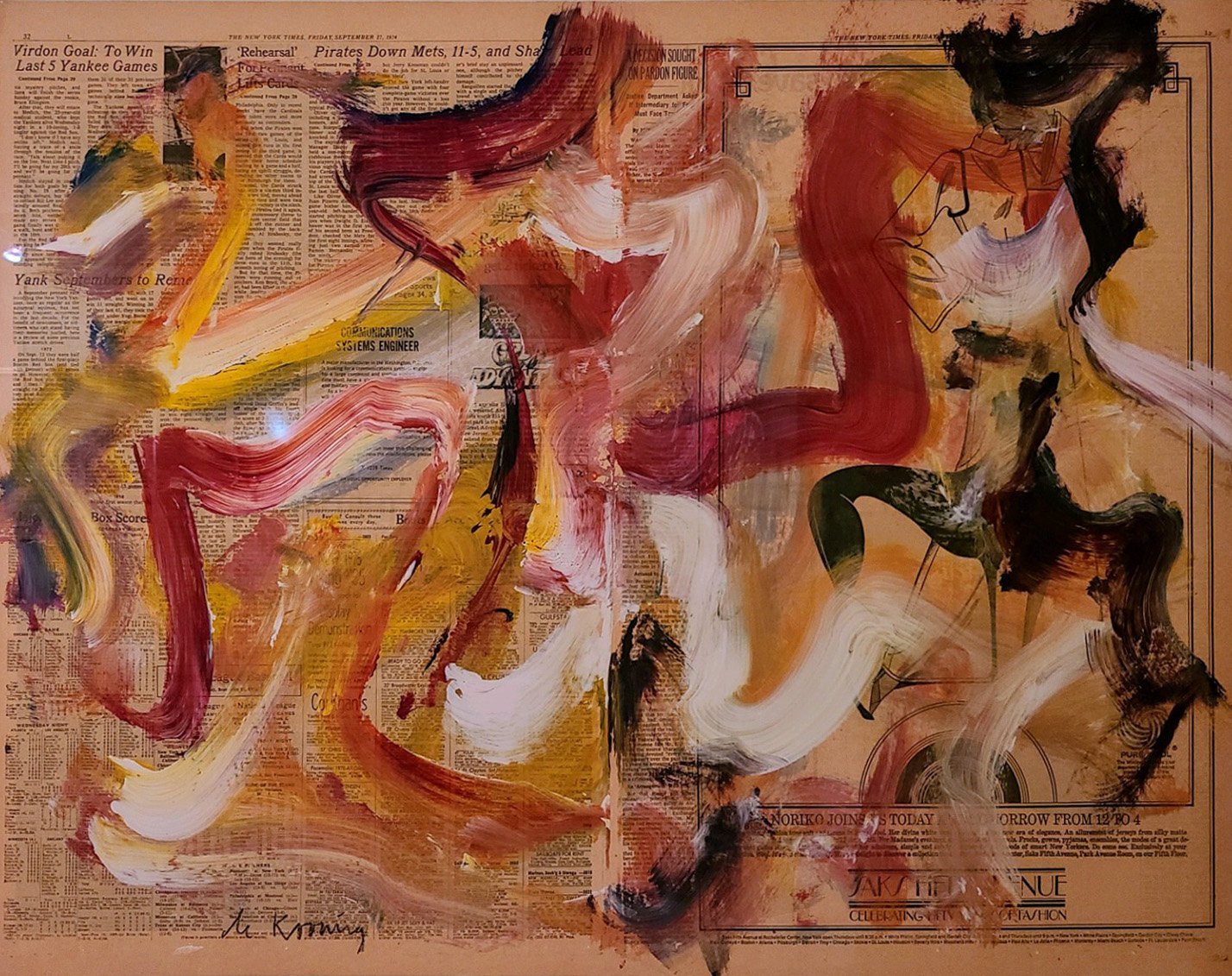
The Nassau County Museum of Art is opening a show dedicated to the ubiquity of red. The vast differences in how artists have deployed the colour in their works over the years will be explored, from Pierre-Auguste Renoir’s muted portrait of a young girl wearing a brick-red dress, to the vibrant silkscreen print by Andy Warhol of Vladimir Lenin, ensconced in scarlet.
“I want a red to be sonorous, to sound like a bell. If it doesn’t turn out that way, I add more reds and other colors until I get it,” Renoir once wrote.
Pierre-Auguste Renoir. Tête de jeune fille (Head of a Young Girl). (1918). Photo courtesy of Nassau County Museum of Art
The show, “Seeing Red: Renoir to Warhol,” features more than 100 works by around 70 different artists, as curated by Franklin Hill Perrell and Alex C. Maccaro.
“Red can represent the human condition. Its myriad variations have come to signify authority as well as love, energy, and beauty,” the museum said in gallery notes. “Red warns us of peril and commands us to stop, but it can also indicate purity and good fortune. Red boldly represents political movements and religious identities.”
Salvador Dalí, Dahlia unicornis (from Floridali) (1968). Photo courtesy of Nassau County Museum of Art.
The exhibition spans various world cultures through a range of media, like its use in mobiles by sculptor Alexander Calder, or in a Fabergé-inspired egg with crystal rhinestones and pearls by the artist Judith Leiber.
“I love red so much that I almost want to paint everything red,” Calder said in a talk with Katherine Kuh, published in 1962.
Andy Warhol, Red Lenin (1987). Photo courtesy of Nassau County Museum of Art.
A lithograph by David Hockney, titled Red Celia (1984), depicts a young woman with her hands behind her head in gestural brush strokes that are reproduced with nothing but red ink. And an abstract work by Robert Motherwell similarly features just four black lines against a deep red background.
The color red also makes its way into several paintings of flowers, from a 1968 etching print by Salvador Dalí titled Dahlia unicornis, to a 1994 still-life oil painting of a pewter vase with a bouquet of flowers by Paul Georges.
Marc Chagall, King David with a Harp (1965). Photo courtesy of Nassau County Museum of Art.
American portraitists like Gilbert Stuart often used red to make their portraits of prominent leaders conjure authority, as well.
Other notable artists included in the show are Marc Chagall, Robert Indiana, Jeff Koons, Jackson Pollock, Robert Rauschenberg, Mark Rothko, and Vivienne Westwood.
F. Edwin Church, Lady in Charlotte’s Dress (1928). Photo courtesy of Nassau County Museum of Art
“If one says ‘Red’—the name of the color—and there are 50 people listening, it can be expected that there will be 50 reds in their minds,” Josef Albers wrote in 1963. “And one can be sure that all these reds will be very different.”
“Seeing Red: Renoir to Warhol” is on view at the Nassau County Museum of Art, One Museum Dr, Roslyn, New York, through January 5, 2025.